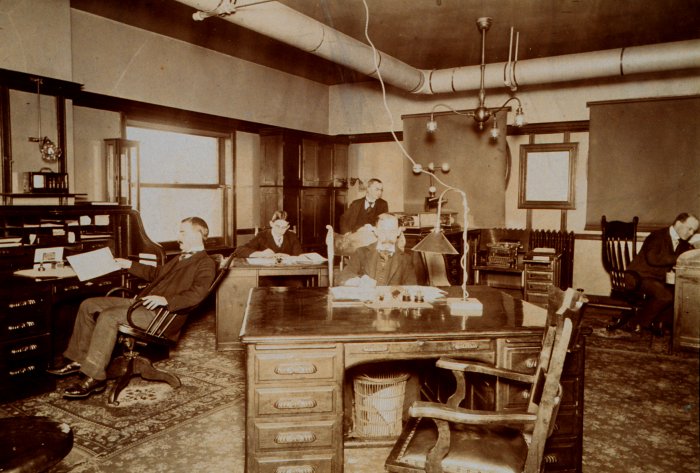Concentrate your energies, your thoughts and your capital. The wise man puts all his eggs in one basket and watches the basket.
— Andrew Carnegie
I love that quote! It speaks of focus and single-mindedness. Those are qualities the project team can do well to learn.
There is a “magic” that occurs when the project team is single-minded with a burning goal on all their minds. I’ll try to articulate the experience, as I have had been in the middle of it several times. The closest parallel I can relate to is the focus of war. Many speak of the chaos of war, but there is also a singular focus that it brings upon the average soldier. And that focus is intoxicating. Think of the Confederate army under General Robert E. Lee in 1861. Those gray-clad boys fought for a cause! It was the cause of freedom from government tyranny. With such a cause, they would endure some of the most grueling warfare known to man – starvation, slaughter, and privations as yet unknown to Americans. It was all for the “cause.”
The same was true of GI’s during the Second World War. Those soldiers knew the cause was the defeat of Hitler and the unconditional surrender of Germany. Everyone focused on the same goal, whether on the battlefield or at home. It was one singular goal everyone could focus on.
This happens in the engineering world from time to time. Underdog companies focus on one goal of building that killer product that will change the industry. For the most part everyone speaks the same “language.” It is the language of winning… of succeeding regardless of the hurdles… of performing their very best, if only once in their lifetimes.
People want causes. It gives them one good thing to fight for that’s worthwhile and lasting. Think about it… without something truly worthwhile we are just marking time through life. Nobody wants that. They want their lives to mean something.
All this is wrapped up in Andrew Carnegie’s statement above. He is describing an industry focus that consumes everyone in its path. In Carnegie’s case, that was the manufacturing of steel, and the goal of commodity pricing that could supply the world.
Can you find a cause like that for your business? If so, you will have all the energies of all your employees focused on success. And they will thank you for a cause to believe in.


